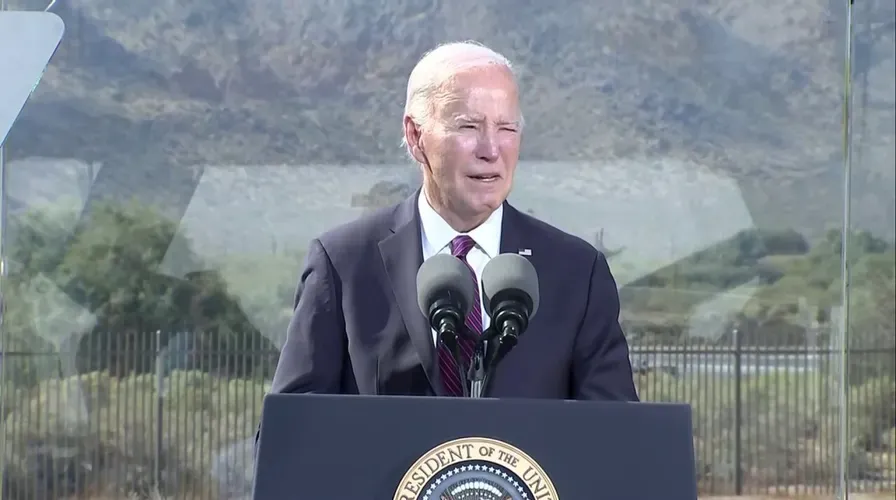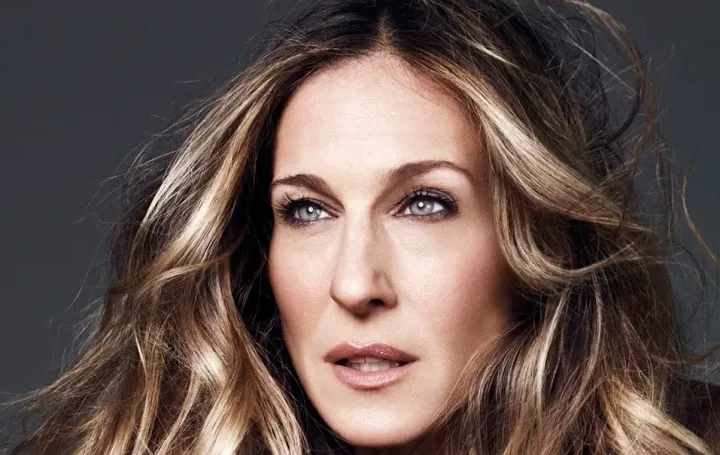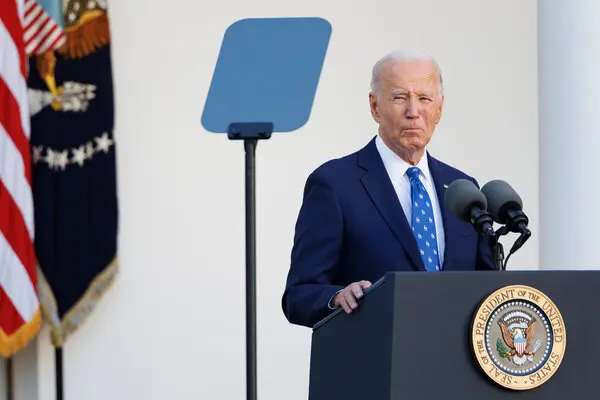Biden's Gaffe Sparks Confusion About Gabby Giffords During Historic Apology to Native American Community

In a recent appearance in Arizona, President Joe Biden found himself at the center of controversy once again, this time mistakenly suggesting that former Congresswoman Gabby Giffords was deceased. This blunder occurred while he was addressing the Gila River Indian Community, adding to his reputation for gaffes.
A Stumble in Arizona
On October 25, during a speech welcomed by Gila River Indian Community Governor Stephen Lewis, Biden introduced himself to the crowd, saying, “I’m Joe Biden and I’m Jill Biden’s husband.” As he struggled to pronounce the community's name correctly, he nervously stated, “nothing wrong with me,” before finally finding his footing. However, moments later, Biden inadvertently implied that Giffords, who is very much alive, had passed away.
Giffords, who survived a tragic shooting in 2011 and has been an influential figure since her resignation from Congress in 2012, is married to Arizona Senator Mark Kelly. Biden’s slip-up sparked immediate confusion and concern among attendees.
Tech Troubles
Adding to the challenges of his speech, Biden acknowledged difficulties reading the teleprompter due to the bright sunlight. After removing his aviators briefly, he admitted, “I’m putting these glasses on because I’m having trouble seeing this,” showcasing the relatable struggles of public speaking.
A Historic Apology
Despite the verbal missteps, Biden's address marked a significant moment in history. For the first time, a sitting president formally apologized to Indigenous communities for the historical injustices faced by Native American students in boarding schools. “I formally apologize, as president of the United States of America, for what we did,” he stated. “It’s long, long, long overdue.”
This heartfelt apology was met with mixed emotions. Many attendees expressed gratitude for the acknowledgment but stressed the importance of actionable change following such a statement.
Voices from the Community
Bill Hall, a 71-year-old member of the Tlingit community in Alaska, was among those moved by Biden’s words. “As I was watching, tears began to flow from my eyes,” he shared. Hall reflected on his painful childhood experiences in a boarding school, stating, “Yes, I accept his apology. Now, what can we do next?”
Similarly, 79-year-old Rosalie Whirlwind Soldier from the Rosebud Sioux Tribe felt a "tingle in my heart" upon hearing the president’s apology. However, she voiced skepticism about its sufficiency. “Sorry is not enough. Nothing is enough when you damage a human being,” she lamented. Whirlwind Soldier’s own harrowing experiences at a South Dakota school left lasting scars, emphasizing the need for more than just words.
Moving Forward
The responses from the Indigenous community highlight a critical moment in U.S. history, where acknowledgment of past wrongs is just the first step. Many advocates now call for concrete actions to back the president’s apology, ensuring it resonates beyond rhetoric.
As Biden continues to navigate the complexities of his presidency, the interplay of gaffes and historic apologies reveals the challenges of leading a diverse nation with a painful past. Moving forward, it remains essential for leaders to listen, learn, and take meaningful steps toward reconciliation.



